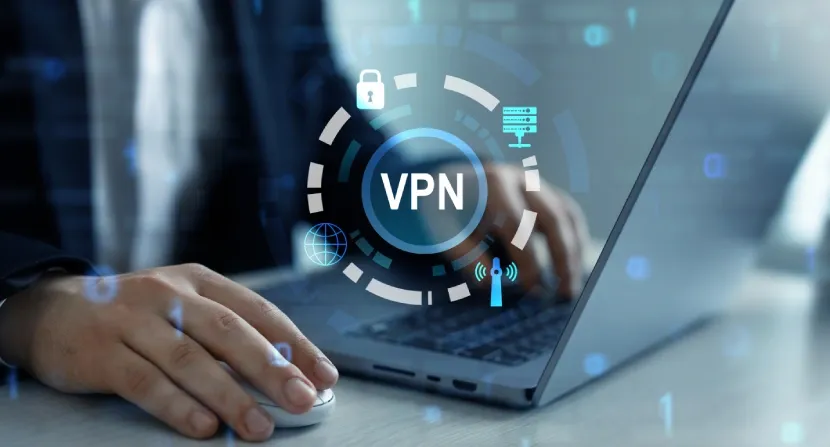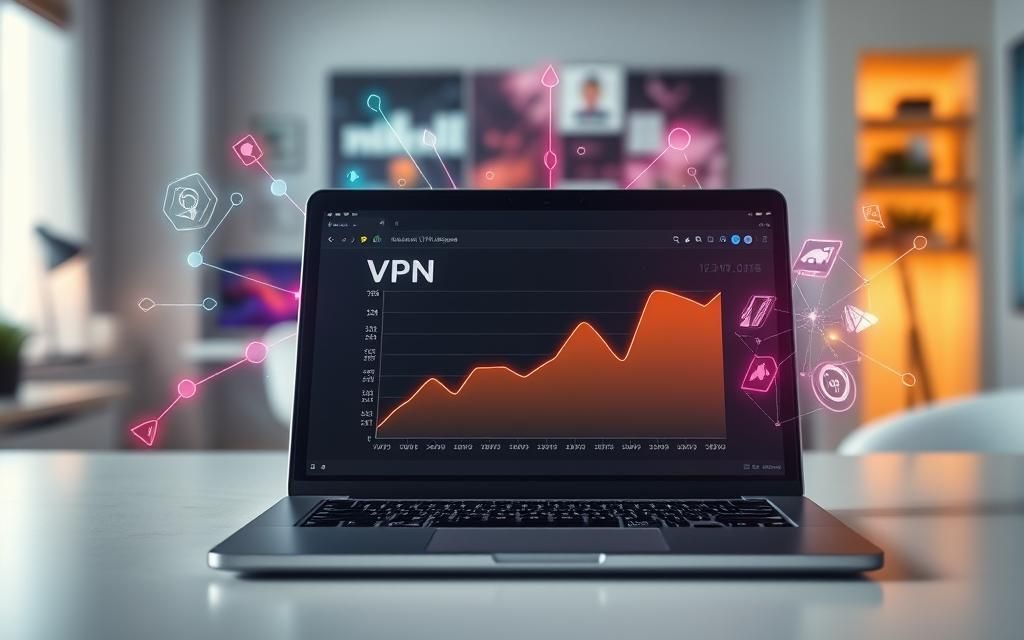Welcome to our guide on the different types of VPN, where we will simplify the complicated world of virtual private networks. In today’s digital landscape, where online privacy is a growing concern, understanding VPN protocols and services is essential for safeguarding your personal information. A VPN, or virtual private network, is a technology that creates a secure and encrypted connection over a public network, such as the internet. It allows you to browse the web anonymously and securely by masking your IP address and encrypting your data. There are various VPN protocols and services available. VPN protocols refer to the methods by which the VPN establishes a secure connection, while VPN services are the providers that offer these protocols to users. In the next sections, we will delve into the different VPN protocols, explore the factors to consider when choosing a VPN service, discuss connectivity options, and provide insights on secure VPN solutions for different platforms. We will also explain the encryption methods used by VPNs and examine the advantages and disadvantages of different VPN types. By the end of this guide, you will be equipped with the knowledge to make an informed decision about the right VPN for your needs. So let’s dive in and unravel the world of VPNs. Understanding VPN Protocols When it comes to establishing secure connections, VPN protocols play a crucial role. In this section, we will delve into the different VPN protocols and technologies that are widely used in the industry. Understanding these protocols will help you make informed decisions regarding your online privacy and security. OpenVPN OpenVPN is one of the most popular VPN protocols due to its open-source nature and strong security features. It provides a high level of encryption and supports various operating systems, making it versatile and widely compatible. IKEv2 IKEv2, short for Internet Key Exchange version 2, is a protocol known for its stability and speed. It establishes secure connections quickly, making it suitable for mobile devices. Additionally, it can automatically reconnect if the connection is interrupted, ensuring seamless browsing experiences. L2TP/IPSec L2TP/IPSec, or Layer 2 Tunneling Protocol/Internet Protocol Security, is a protocol that combines the best of both L2TP and IPSec. L2TP provides the tunnel for data transmission, and IPSec handles the encryption and authentication processes. This protocol offers robust security and is widely supported by various devices. While these are just a few examples, there are other VPN protocols such as SSTP, PPTP, and WireGuard that offer their own unique features and advantages. It’s important to understand the strengths and weaknesses of each protocol to choose the one that best suits your needs. Choosing the Right VPN Service When it comes to selecting the best VPN service for your needs, there are several factors to consider. A reliable VPN service not only provides online privacy and security but also offers a seamless browsing experience. Let’s explore the key features to look for when choosing a VPN: Server Locations: One important factor to consider is the availability of VPN servers in your desired locations. The more server locations a VPN service offers, the better chances you have of accessing geo-restricted content and enjoying faster connection speeds. Look for VPN providers that offer a wide range of server locations across different countries. Encryption Levels: Another crucial aspect to consider is the encryption level offered by the VPN service. Look for VPN services that use strong encryption protocols, such as AES-256, to safeguard your data from prying eyes. Strong encryption ensures that your online activities remain private and protected from potential threats. User-Friendly Interfaces: Usability is key when it comes to VPN services. Look for providers that offer user-friendly interfaces and intuitive apps that are easy to navigate. A user-friendly VPN client will make it simpler for you to connect to different servers and customize your VPN settings according to your preferences. Cross-Platform Compatibility: If you use multiple devices, it’s important to choose a VPN service that is compatible with different platforms. Look for VPN providers that offer apps for Windows, Mac, iOS, and Android, ensuring a seamless VPN experience across all your devices. Customer Support: Technical glitches can occur at times, so having reliable customer support is essential. Look for VPN services that provide 24/7 customer support via live chat or email. Prompt and responsive customer support will ensure that any issues you encounter are quickly resolved. By considering these factors, you can make an informed decision and choose the best VPN service that caters to your needs. Remember, a reliable VPN service should offer a wide range of server locations, strong encryption, user-friendly interfaces, cross-platform compatibility, and excellent customer support. VPN Connectivity Options When it comes to connecting to a VPN, you have several options available to ensure a secure and private browsing experience. In this section, we will explore these different VPN connectivity options and provide insights into their benefits and limitations. VPN Apps One of the most popular ways to connect to a VPN is through dedicated VPN apps. These apps are available for various platforms like Windows, Mac, iOS, and Android, making it easy to establish a secure connection with just a few clicks. VPN apps are user-friendly and provide a seamless experience, allowing you to browse the internet securely on your device. Router Configuration Another option for VPN connectivity is configuring your router to connect to a VPN. By setting up VPN on your router, you can protect all devices connected to your home network, including smart TVs, gaming consoles, and IoT devices. This ensures that every device accessing the internet through your router is secured by the VPN, enhancing your overall online privacy. Browser Extensions If you prefer a more lightweight option, browser extensions can be a convenient choice for VPN connectivity. These extensions, available for popular browsers like Chrome and Firefox, encrypt your browsing data and route it through a remote server to maintain your privacy. While browser extensions offer simplicity and ease of use, they may not provide full device-wide





